Bengaluru: Opposition BJP on Monday petitioned Karnataka Governor Thaawarchand Gehlot seeking revocation of the suspension of 18 of its MLAs from the Legislative Assembly, calling it "undemocratic and unconstitutional".
They requested the Governor to direct Speaker U T Khader to reconsider the suspension of MLAs, and enable them to resume their responsibilities as representatives of the people.
In an unprecedented move, 18 BJP MLAs were suspended for six months from the Karnataka Legislative Assembly on March 21, for showing "indiscipline" and "disrespecting" the Speaker, following which they were forcefully evicted from the House by the marshals as they refused to leave.
The BJP delegation led by state BJP president B Y Vijayendra and Leader of Opposition in Legislative Assembly, R Ashoka, met the Governor at Raj Bhavan and submitted a memorandum to him.
"....we most respectfully beseech your excellency to kindly exercise your good offices to direct the Speaker, Karnataka Legislative Assembly to reconsider the suspension order imposed upon the 18 Members of the Legislative Assembly belonging to the principal opposition party in the state," the memorandum said.
They also requested that "the suspension be revoked, thereby enabling the concerned legislators to resume their responsibilities as representatives of the people. And to take all necessary steps to uphold the basic tenet of democratic values in the State of Karnataka."
The incident leading to the suspension occurred on the last day of the Assembly's budget session. The BJP MLAs staged a massive protest against 4 per cent reservation to Muslims in public contracts and demanded a judicial probe into the alleged "honey-trap" attempt against Cooperation Minister K N Rajanna.
During the protest inside the Assembly, while some BJP legislators climbed onto the podium where the Speaker's Chair is situated, and surrounded it; a few others protesting from the well of the House, hurled papers at the Speaker. Marshals had to forcefully evict the BJP MLAs who had surrounded the Speaker's Chair.
Speaking to reporters after submitting the memorandum to the Governor, Ashoka said the Speaker and the Congress government's decision to suspend 18 MLAs is "undemocratic", and also "unconstitutional", as the functioning of a legislator is being hindered.
"Congress imposed an emergency on the country and tried to subvert democracy. Participating in the Assembly is our right. People have elected legislators to speak in the Assembly and to monitor functioning of the government through various legislature committees. It is our duty and it is being obstructed, so it is unconstitutional," he said.
Stating that he had already spoken to the Speaker and the chief minister in this regard, he said, "We met the Governor and brought things to his notice regarding what is there in the Constitution and various court orders. He (Governor) has said that he will write a letter to the government and speak to the concerned minister and Speaker. He has responded positively. He said the suspension should have been for the session and not for six months."
However, responding to allegations that his decision was illegal, Speaker Khader said everyone has the right to express their opinion in a democracy, and everything will happen in accordance with the Constitution and rules.
In the memorandum submitted to the Governor, the BJP said, in their role as members of the opposition, they had assembled near the Speaker's Chair as a form of protest. "It was wrongly perceived by the Speaker, so also the ruling party that, in doing such protests they deem that we exhibited behaviour inconsistent with the decorum of the House. Consequently, under Rule 348 of the Karnataka Legislative Assembly Rules of Procedure and Conduct of Business, 18 legislators were suspended for six months and were subjected to additional restrictions," it said.
The Karnataka Legislature is one of the highest embodiments of our democratic values, and truly a "temple of democracy". The dignity and sanctity of the Speaker's and Chairman's offices are fundamental to maintaining the credibility of the legislative institutions, the BJP said.
"We wholeheartedly affirm our adherence to these principles," the party said.
"The events of March 21 were neither premeditated nor intended to show any disrespect to the Chair. Over the past two years, we have observed the set of principles of the House with great appreciation, particularly given the increasing challenges to the standards of debate, language, and procedural adherence in legislative forums. We continue to hold the institution and its leadership in the highest regard," it added.
Pointing out that, in such circumstances, if the Speaker summoned the concerned legislators on that day to seek clarifications, they would have readily explained their actions and assured their respect to the Chair and the House. Unfortunately, no such opportunity was afforded before the issuance of a decision imposing substantial restrictions on 18 duly elected representatives, effectively preventing them from fulfilling their duties towards their constituencies, the BJP said.
The MLAs who were suspended are the BJP chief whip Doddanagouda Patil, former Deputy CM C N Ashwath Narayan, S R Vishwanath, B A Basavaraju, M R Patil, Channabasappa, B Suresh Gowda, Umanath Kotyan, Sharanu Salagar, Dr Shailendra Beldale, C K Ramamurthy, Yashpal Suvarna, B P Harish, Bharath Shetty, Dheeraj Muniraju, Chandru Lamani, Muniratna and Basavaraj Mattimud.


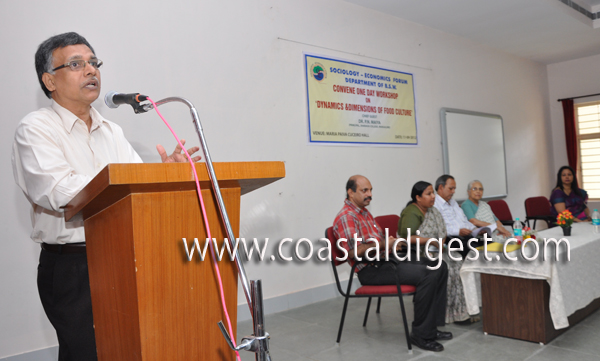
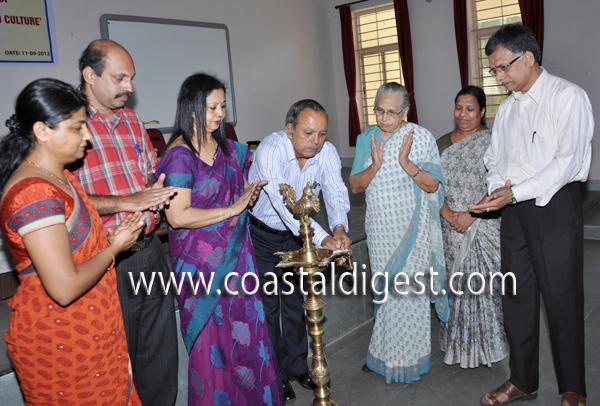
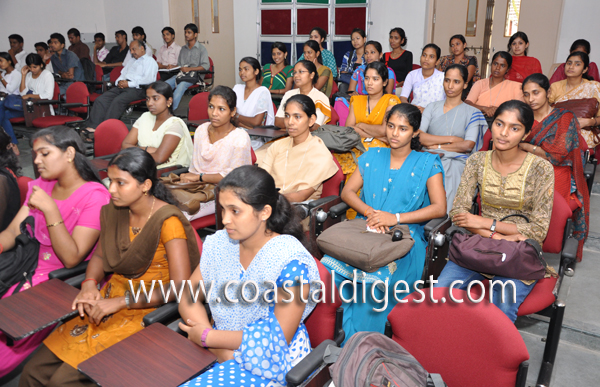
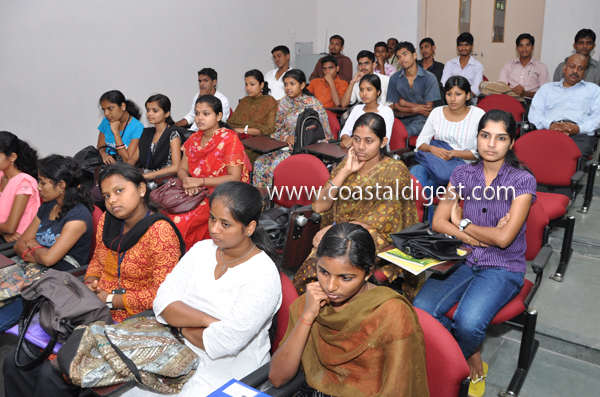
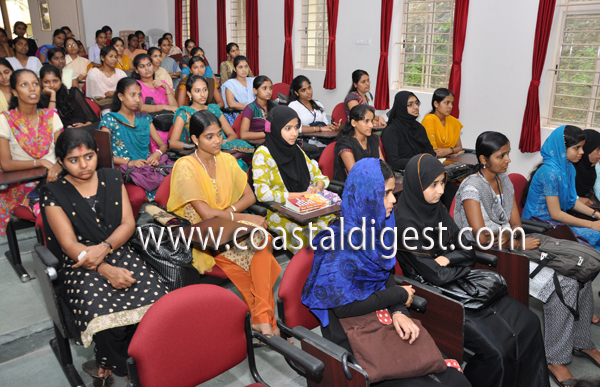
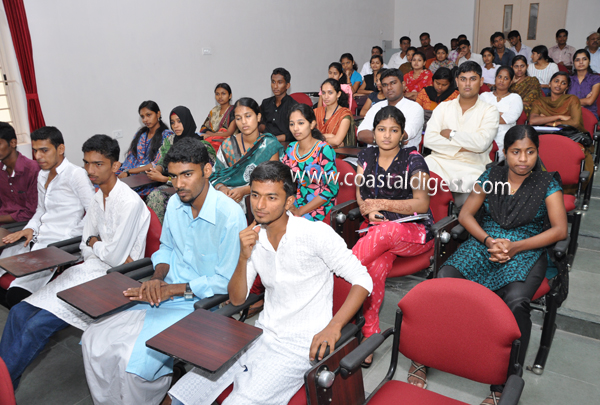
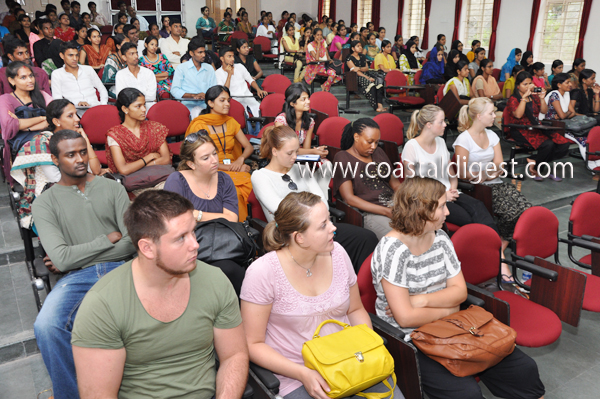
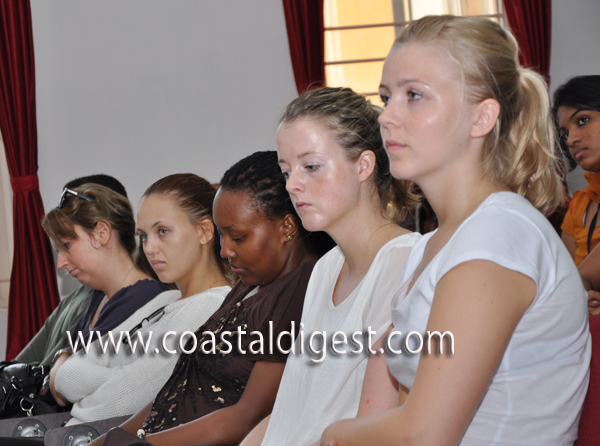








Comments
Add new comment